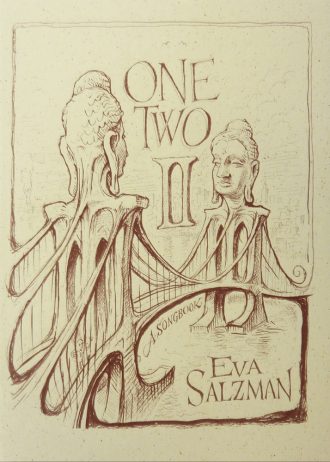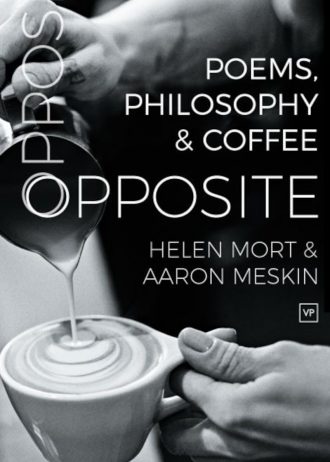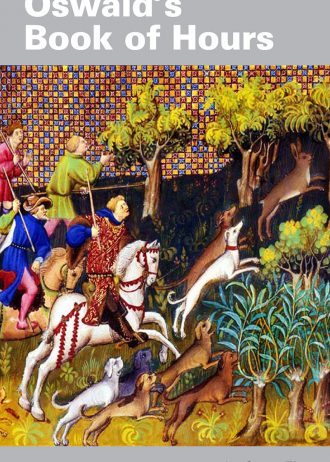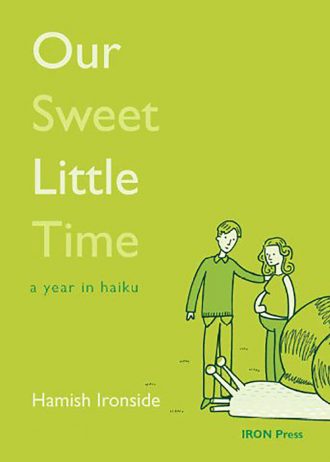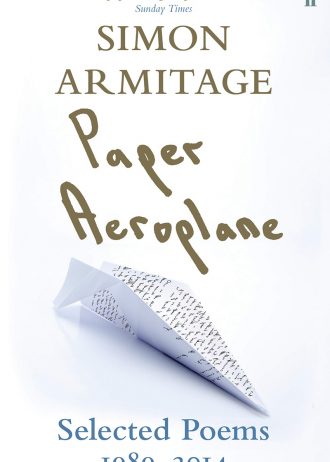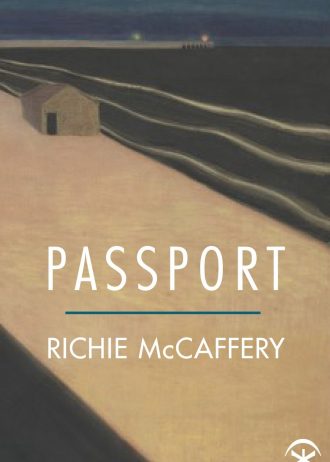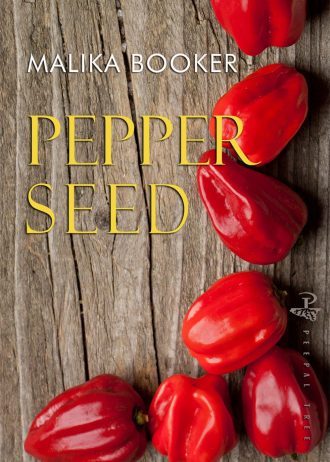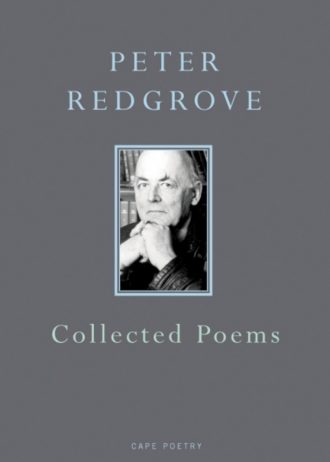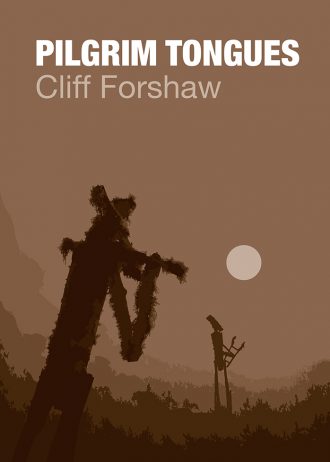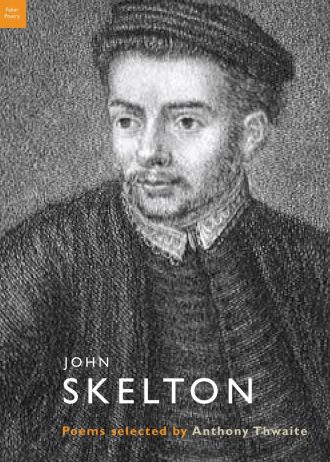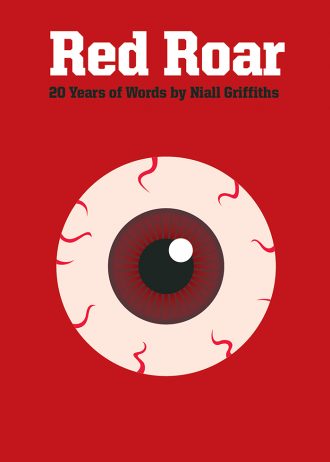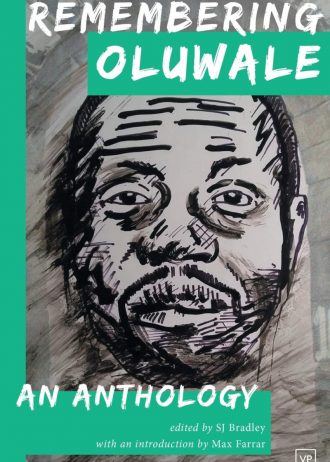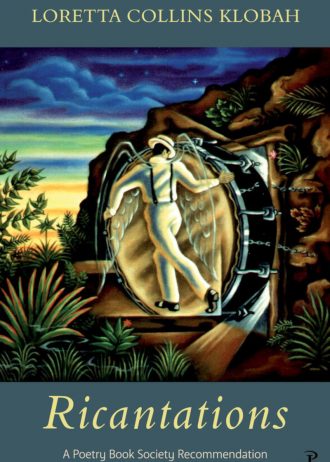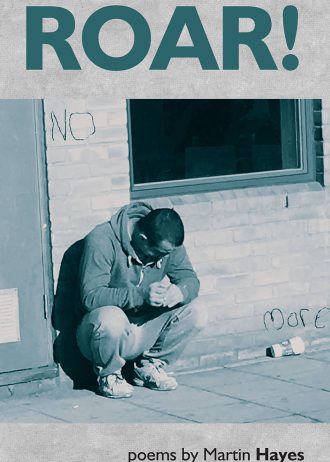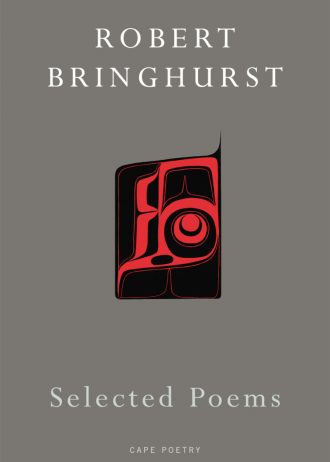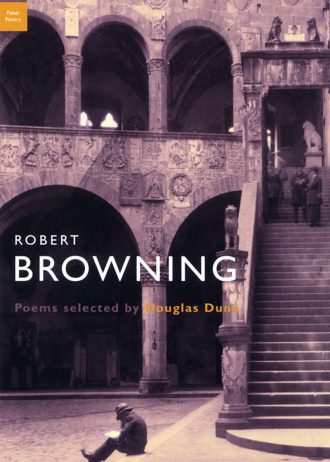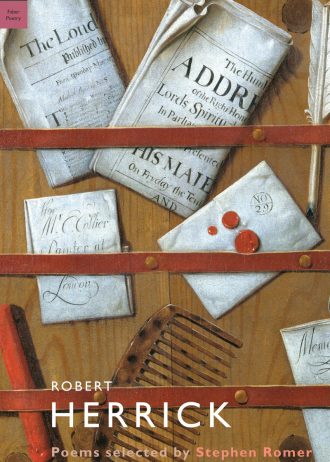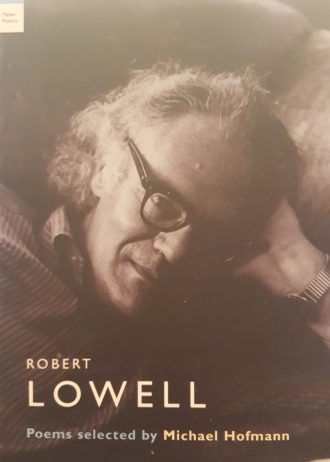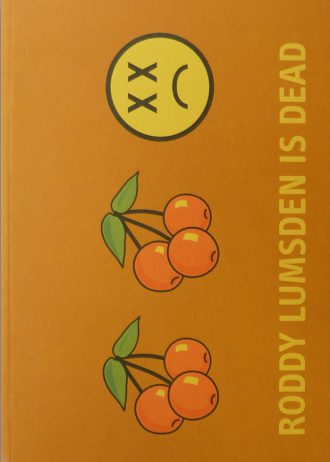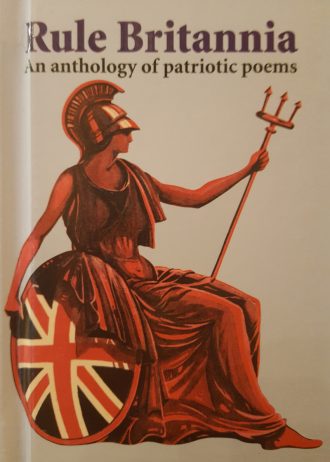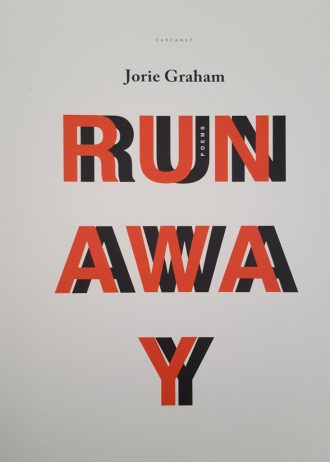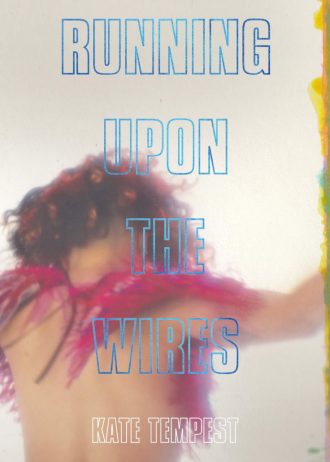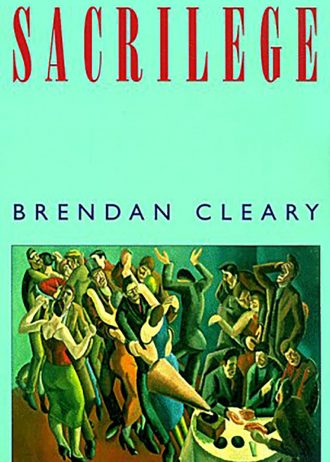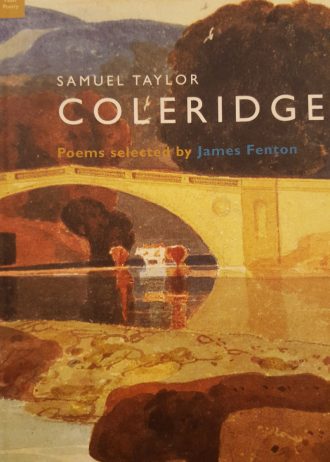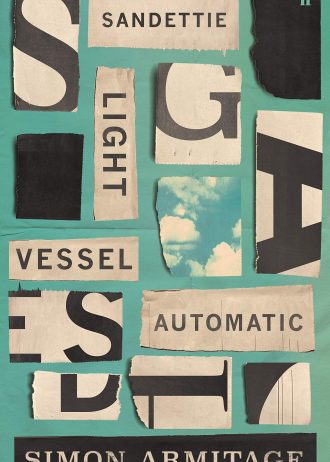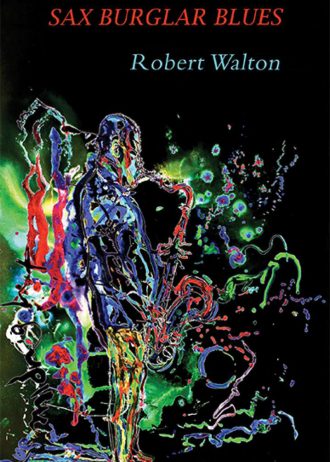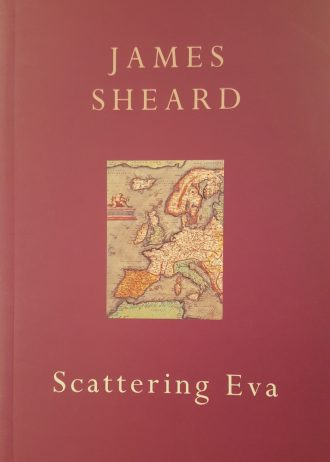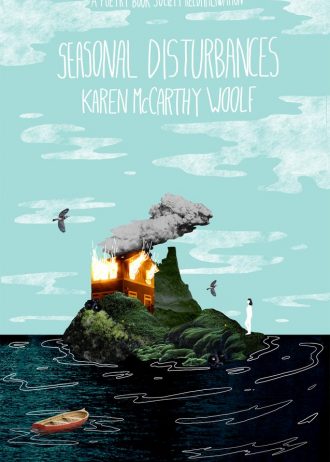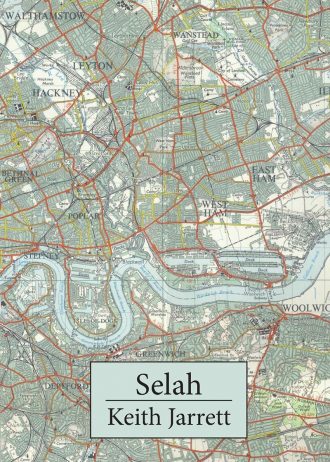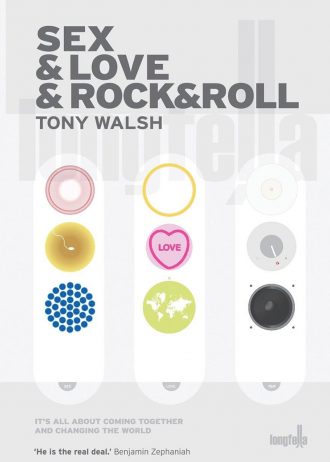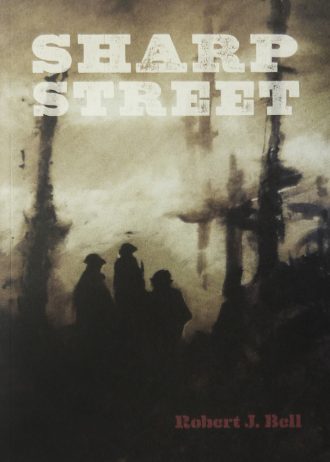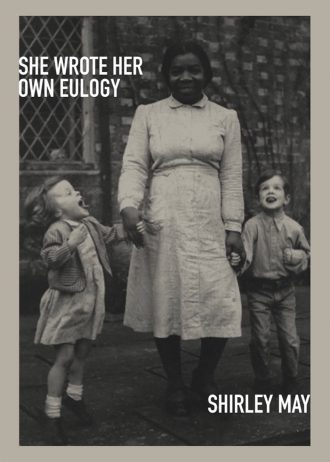One Two II
£7.99Daring, funny, fierce and musical, Eva Salzman has in her new collection managed to combine a robust yet never unsubtle take on modern life and love. Addressing itself primarily to the muse and the blues, this ‘songbook’ is woven through with references to history and myth so that the personal is always balanced by an awareness of community to which she sings.
With two published collections to her credit and this remarkable recent compilation, Eva Salzman is one of the most accomplished poets working in Britain today. She is a New Yorker, but such is the universal catchment area of poetry now that her living and writing in Britain does not make her either an American or a British Poet, but simply a very good one.
The epigraph to the collection draws on St Thomas ‘When one becomes two what will you do?’ and this becomes the central metaphor of the book: twins, doubles, doppelgangers. For a short book with so light a touch there’s a tightness and surety to the way in which preoccupations are worked through. So that amidst the personal lamentation of ‘Remembering Before Forgetting’ and ‘After Verlaine’ are juxtaposed a poem on the Brooklyn Bridge, a poem about the Buddhas of Bamiyan, as well as a poem on the cutting of the OUP poetry list, the sharply satirical ‘In the OUP hospital’ where she writes ‘I’d rather be lying unpublished / than be published by you and be dead’. Refreshing, dangerous, ironic, always surprising, this is Salzman at her most Salzmannesque. – Poetry Book Society Special Commendation Spring 2003

